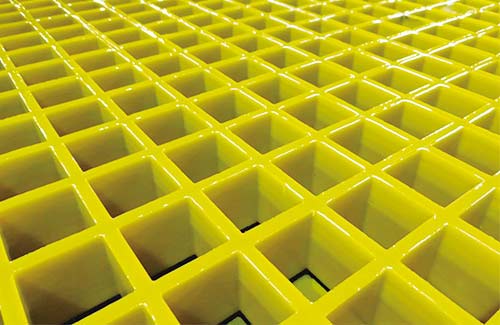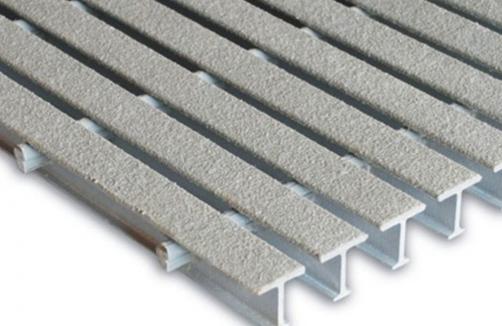FRP Molded Grating for Marine Applications: The Ultimate Solution for Waterfront Structures
FRP Molded Grating for Marine Applications: The Ultimate Solution for Waterfront Structures Waterfront structures, such as docks, piers, and marinas, face unique challenges due to constant exposure to saltwater, harsh weather conditions, and heavy foot traffic. Traditional materials like steel and wood often degrade quickly, requiring frequent maintenance and costly replacements. Fortunately, Fiber-Reinforced Polymer (FRP) molded grating has emerged as a durable, lightweight, and corrosion-resistant alternative—providing the ultimate solution for marine applications. What Makes FRP Molded Grating Ideal for Marine Environments? FRP molded grating is a composite material made from fiberglass reinforced with polymer resins, offering exceptional strength and resistance to corrosion. Unlike metal grating, it doesn’t rust or corrode when exposed to saltwater or moisture, making it perfect for waterfront structures. Additionally, FRP grating is lightweight yet strong, reducing the load on existing dock foundations and minimizing installation challenges. But what are the key benefits of choosing FRP molded grating over conventional materials? Let’s explore. Durability and Longevity Marine environments are harsh, with saltwater, UV radiation, and frequent impacts from boats and pedestrians. FRP grating withstands these conditions without degradation, lasting decades with minimal maintenance. This longevity translates to significant cost savings for marine facilities, reducing the need for

